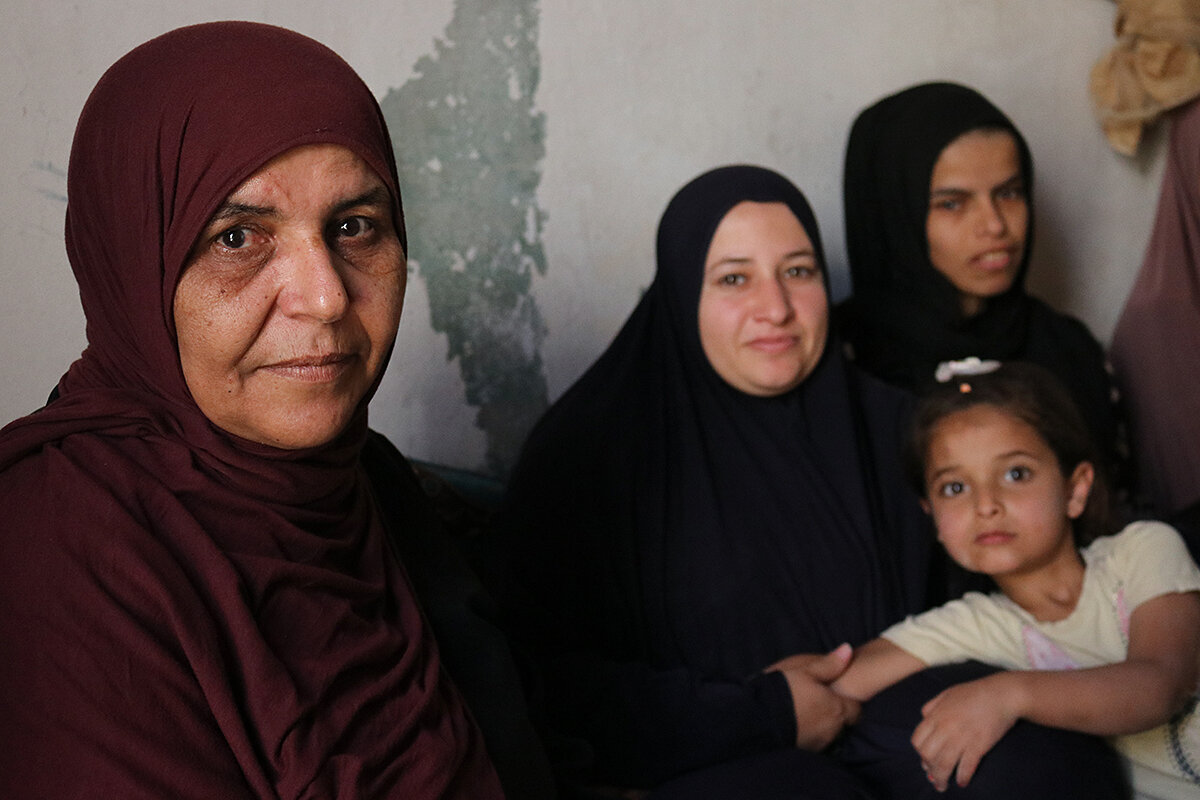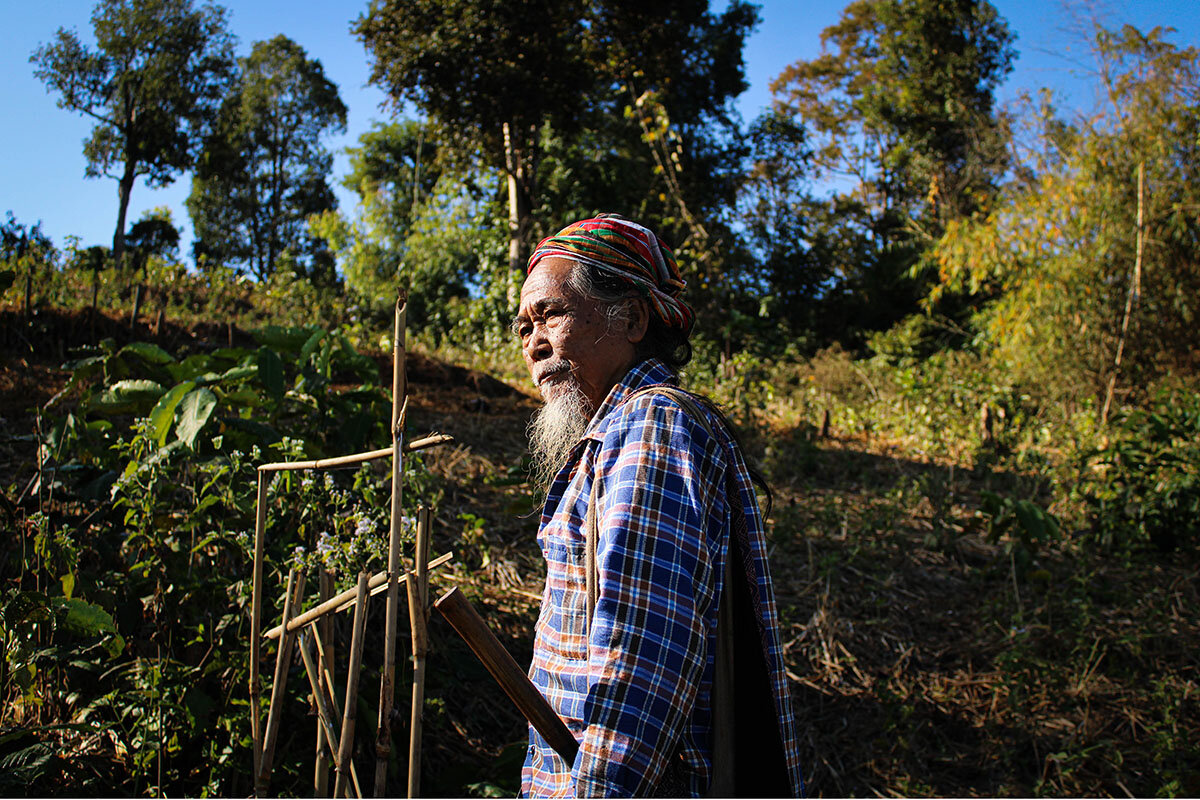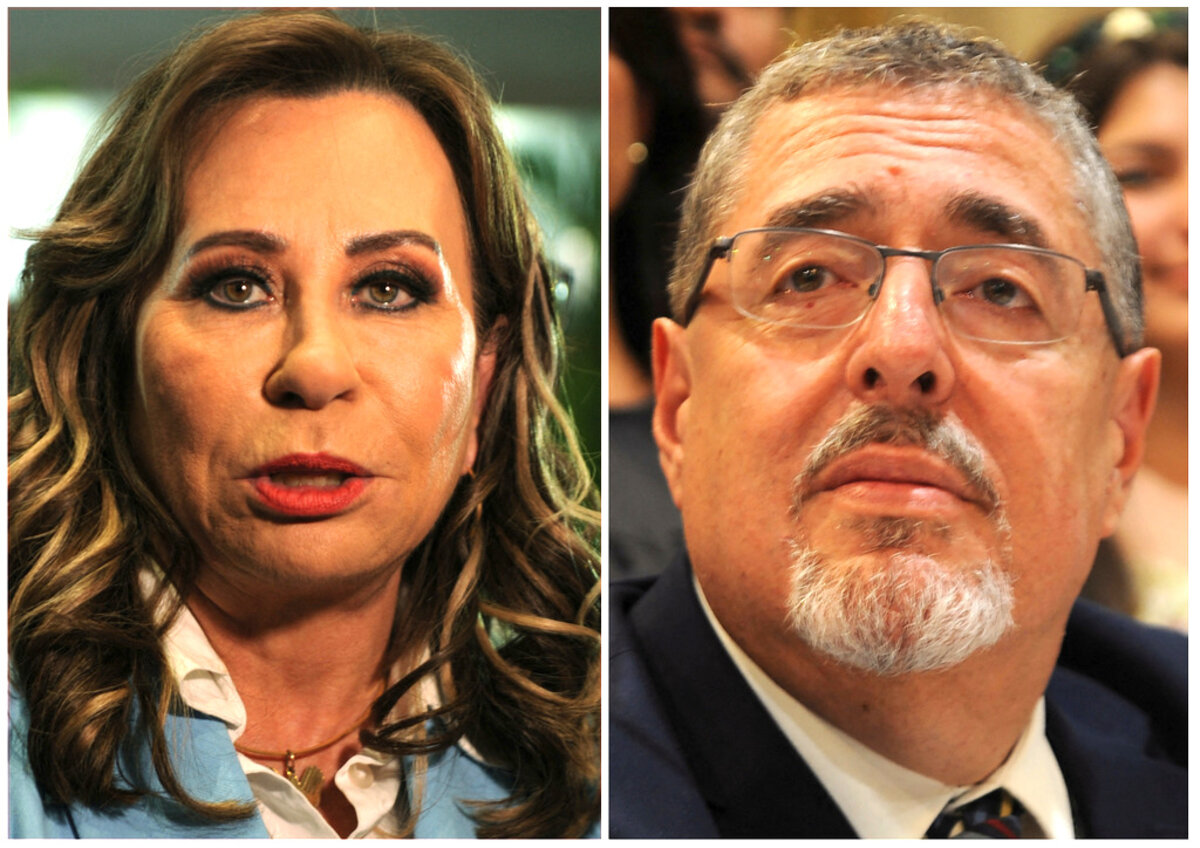After the Arab League reinstated Syria, some Syrian refugees had dared hope for measures to enable their return home. But in interviews and polls, most say they’ve seen nothing that convinces them that now is the time.
Monitor Daily Podcast
- Follow us:
- Apple Podcasts
- Spotify
- RSS Feed
- Download
 Ken Makin
Ken Makin
There are few modern-day rap groups with the power and charisma of the Migos. At the height of their powers, they influenced the likes of Beyoncé and received high praise from creatives such as Donald Glover: “I think they’re the Beatles of this generation.”
What made their meteoric rise truly great was their sense of family. The trio of Quavo and Takeoff (uncle and nephew), along with their childhood friend Offset, shared a bloodlike bond, having been raised by Quavo's mother, Edna Marshall.
The challenges of the industry – solo ambitions and tangled relationships – fractured the link between frontman Quavo and Offset. The friction in the group tragically turned into a permanent shake-up this past November, when Takeoff was killed at a bowling alley in Houston.
On Sunday, during the BET Awards, the remaining two rappers took the stage together for the first time since Takeoff’s passing to remember him in tribute. During one point of the celebration, the two rappers pointed in unison at a makeshift spaceship, which took off and revealed an image of their fallen bandmate. It was a heartwarming gesture that reminded us to make amends with family and friends.
The exhaust from the model aircraft is a reminder of James 4:14 – “You do not know what tomorrow will bring. What is your life? Indeed, it is a mist that appears for a little while and then disappears.”
When it comes to rectifying grievances and healing wounds, today is the day of salvation.










